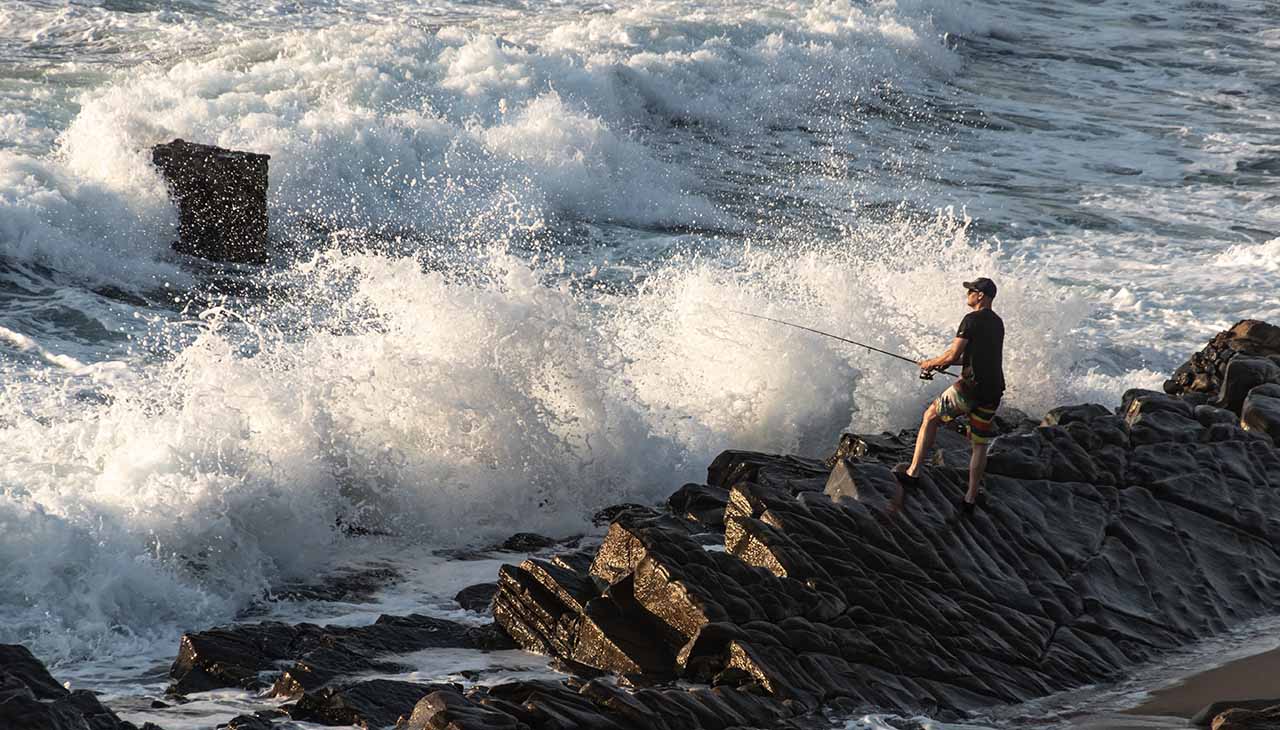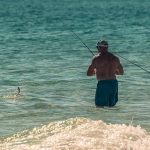The Pacific Northwest, a region that encompasses parts of Western Canada and the Northwestern United States, is renowned for its incredibly diverse landscapes ranging from dense forests, majestic mountain ranges, to rugged coastlines. Its unique ecology and breath-taking natural beauty make it a paradise for outdoor enthusiasts, particularly hikers. The area boasts an extensive network of trails that cater to all levels of hiking proficiency, from gentle coastal walks to challenging mountain ascents, making Pacific Northwest a treasured destination for those seeking hiking adventures.
Clothing and Footwear
Waterproof and Breathable Jacket
When venturing into the Pacific Northwest, encountering rain is almost a guarantee. Therefore, a waterproof and breathable jacket is an essential piece of gear for any hiker. Not only will it keep you dry during unexpected showers, but its breathable material will also allow sweat to escape, keeping you comfortable.
Moisture-Wicking Base Layers
Moisture-wicking base layers are crucial in effectively managing body temperature and reducing the risk of hypothermia. These garments draw sweat away from the skin, keeping you dry and reducing chills.
Sturdy and Waterproof Hiking Boots
Due to the diverse terrains and the potential for wet conditions, sturdy and waterproof hiking boots are a must-have. The right pair of boots provide essential ankle support and traction while preventing your feet from getting wet.
Quick-Drying Hiking Pants
Quick-drying hiking pants are ideal for the Pacific Northwest’s wet and variable weather. They offer protection from rain and wind without sacrificing comfort or mobility.
Wool Socks for Moisture Control
Finally, wool socks help to manage moisture, keeping your feet dry and preventing blisters. Their natural insulating properties also mean they can keep your feet warm in cold conditions, making them an essential part of your hiking gear.
Navigation and Safety Gear
Detailed Trail Maps or GPS Device
Even the most experienced hikers can sometimes lose their way, making a detailed trail map or GPS device an essential piece of gear. It can help you navigate the diverse landscapes of the Pacific Northwest and stay on the designated trails.
Compass for Navigation
While a map or GPS device provides the layout of the land, a compass is invaluable for pinpointing your direction. It’s a reliable, battery-free tool that won’t let you down, even in the most remote regions.
Whistle for Signaling in Case of Emergencies
A whistle might seem like a minor addition to your gear, but in an emergency, it can be a lifesaver. If you get lost or injured, the piercing sound of a whistle carries far and wide, alerting fellow hikers or rescue teams to your location.
First Aid Kit with Essential Supplies
A first aid kit is another indispensable item for hiking in the Pacific Northwest. It should include essentials like bandages, antiseptic wipes, tweezers, and over-the-counter pain relievers, along with any personal medication you may need.
Headlamp or Flashlight for Visibility in Low-Light Conditions
Lastly, considering the dense forests and potential for overcast conditions in the Pacific Northwest, a headlamp or flashlight is essential. It provides visibility during early morning or late evening hikes and serves as a signaling device in emergencies.
Camping and Overnight Gear
Lightweight and Durable Tent
When camping overnight in the Pacific Northwest, a lightweight and durable tent is a necessity. Given the region’s potential for rain and wind, your tent should be able to withstand harsh weather conditions while also being easy to carry on your hike.
Sleeping Bag Suitable for Pacific Northwest Temperatures
Choosing a sleeping bag that’s suitable for the Pacific Northwest’s temperatures is also crucial. Look for a sleeping bag specifically designed for the cooler, wetter climate, preferably with a water-resistant or quick-drying feature.
Sleeping Pad for Insulation and Comfort
A sleeping pad isn’t just about comfort – it’s also about insulation. It provides a barrier between you and the ground, which can keep you warm and dry. A good sleeping pad can make all the difference in getting a good night’s sleep after a day of hiking.
Camping Stove and Cookware for Preparing Meals
The ability to prepare hot meals and drinks can significantly improve your camping experience in the Pacific Northwest. Pack a lightweight camping stove and durable cookware. These items will allow you to cook meals and boil water, which can be vitally important in colder weather.
Water Filter or Purification Tablets for Safe Drinking Water
Finally, a water filter or purification tablets are a must-have for any hiking adventures. Given that you may need to source water from rivers or streams in the Pacific Northwest, these tools will ensure you have access to safe drinking water at all times.
Backpack and Daypack Essentials
Comfortable Backpack with Proper Support and Ventilation
A well-designed backpack is crucial for carrying all your gear comfortably. Look for one with a strong frame, adjustable straps and, ideally, a built-in ventilation system. This will distribute the load evenly across your body, reducing strain on your back and shoulders, and keep you cool during your hike.
Hydration System or Water Bottles
Hydration is key, especially during strenuous activities like hiking. Carry a hydration system (like a water bladder) or water bottles that can hold an ample amount of water. Make sure the bottles are secure and won’t leak in your pack.
Snacks and High-Energy Food
Packing snacks and high-energy food is essential for maintaining your energy levels during your hike. Opt for non-perishable items such as nuts, dried fruit, energy bars, or jerky. These provide a quick and convenient source of energy when you need it most.
Sunscreen and Insect Repellent
Protect yourself from the sun and insects by including sunscreen and insect repellent in your pack. Choose a broad-spectrum sunscreen with an SPF of at least 30 and a repellent that is effective against a variety of insects.
Multi-tool or Swiss Army Knife for Various Tasks
A multi-tool or Swiss Army knife can come in handy for a variety of tasks on your hike, from cutting rope to opening food packages or even emergency repairs. Ensure it includes features like a knife, screwdriver, scissors, and a can opener for maximum utility. This compact tool can be a lifesaver in unexpected situations.




